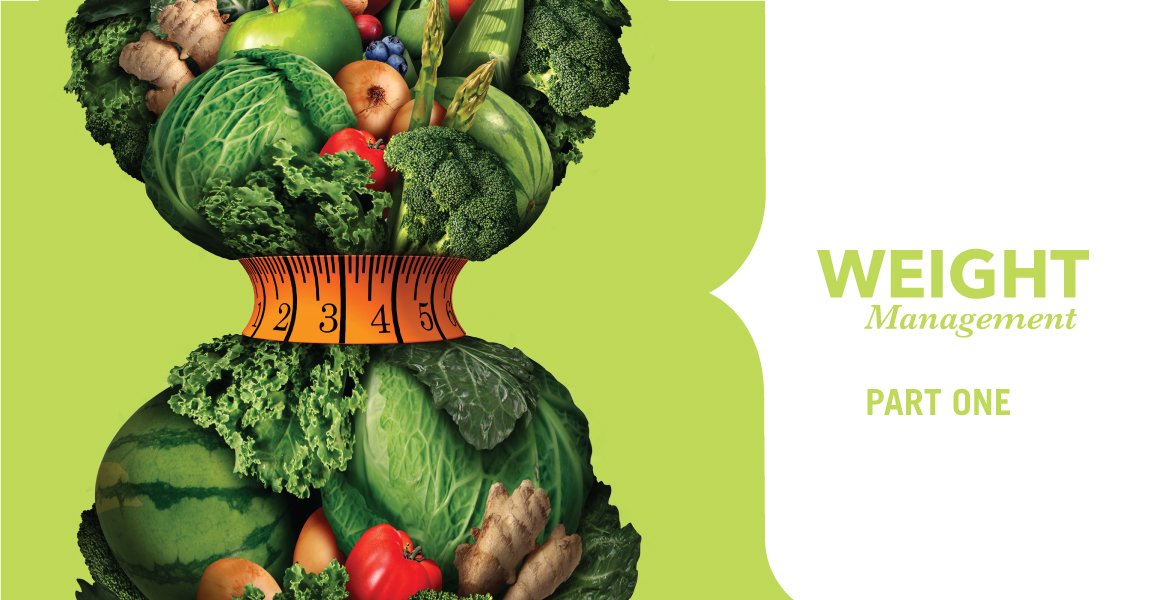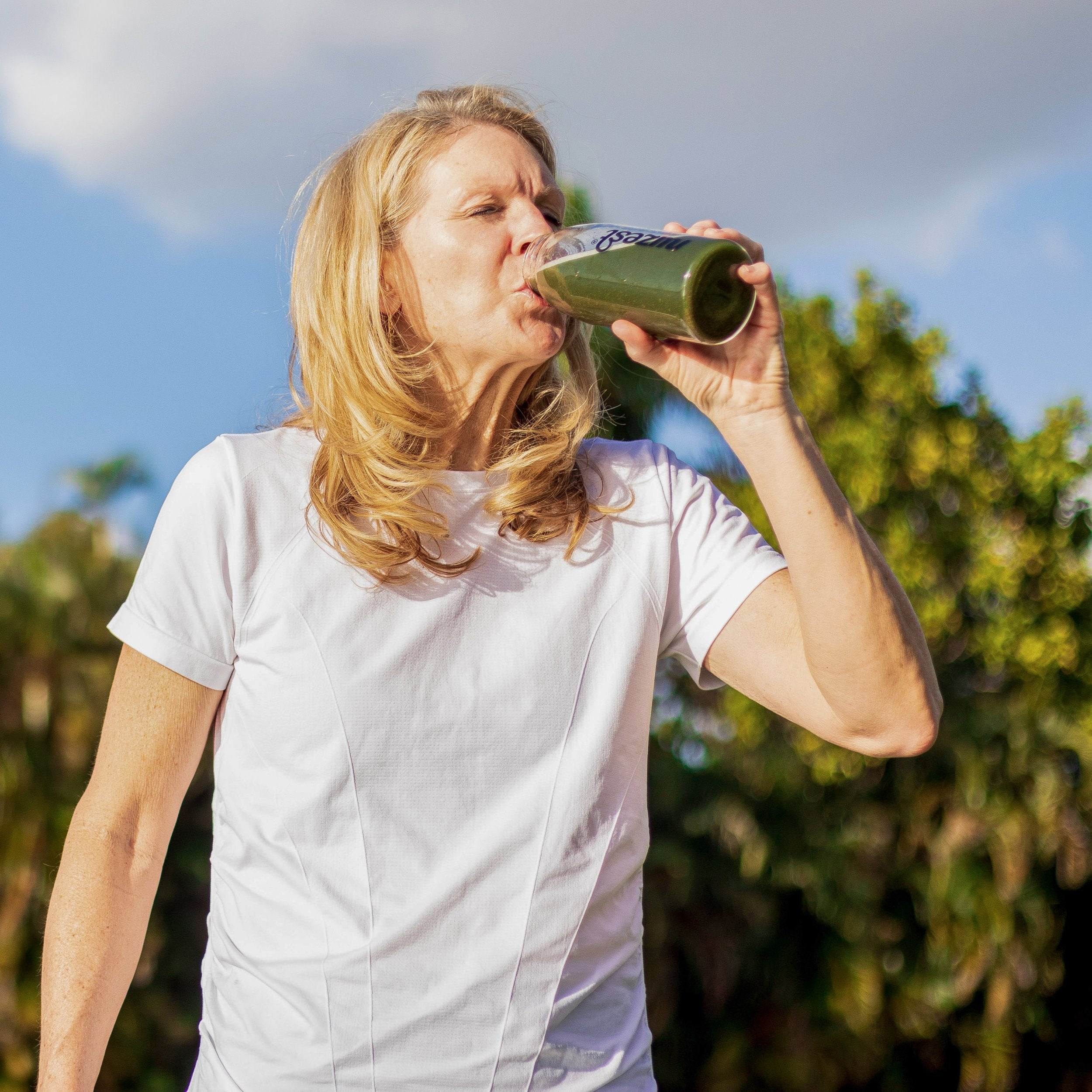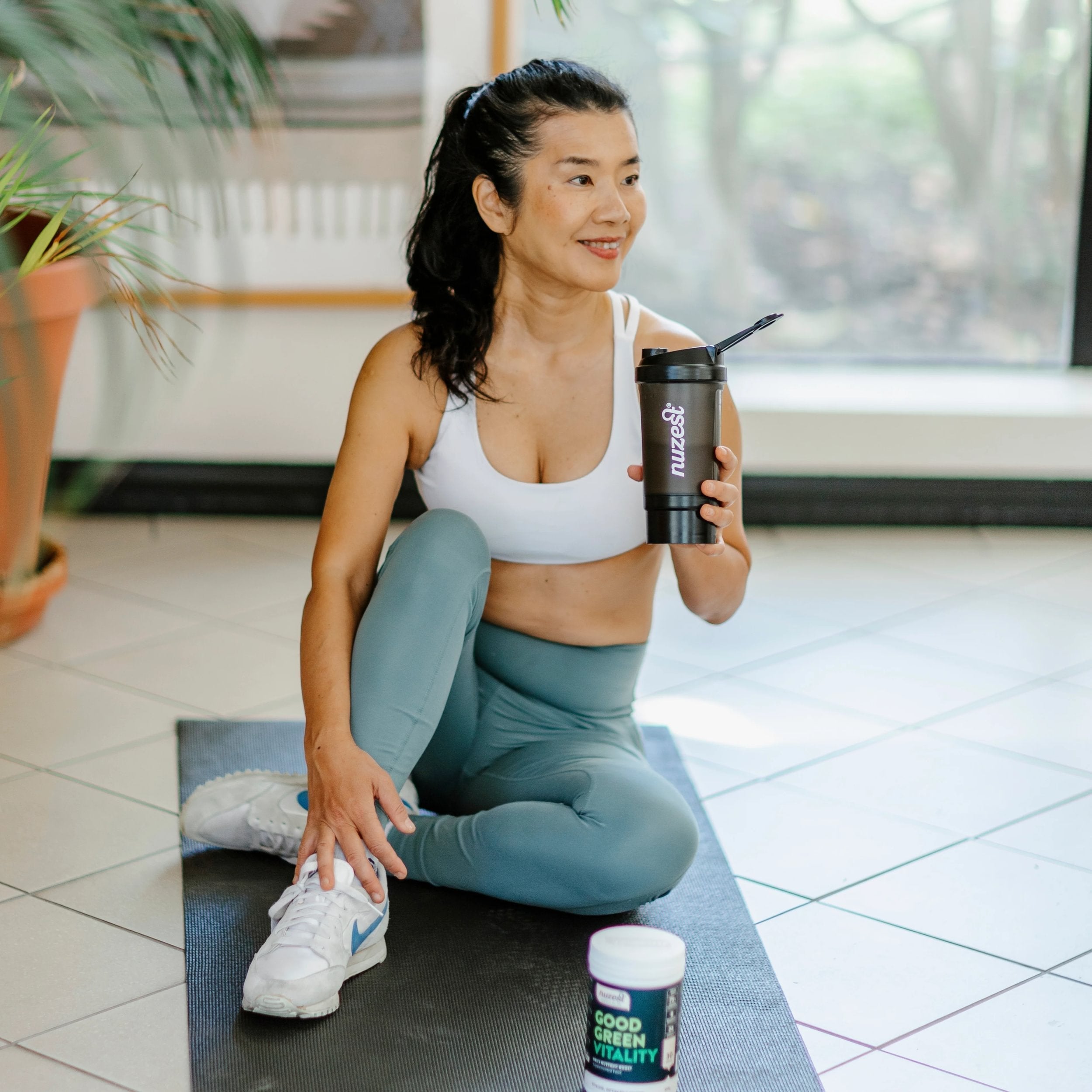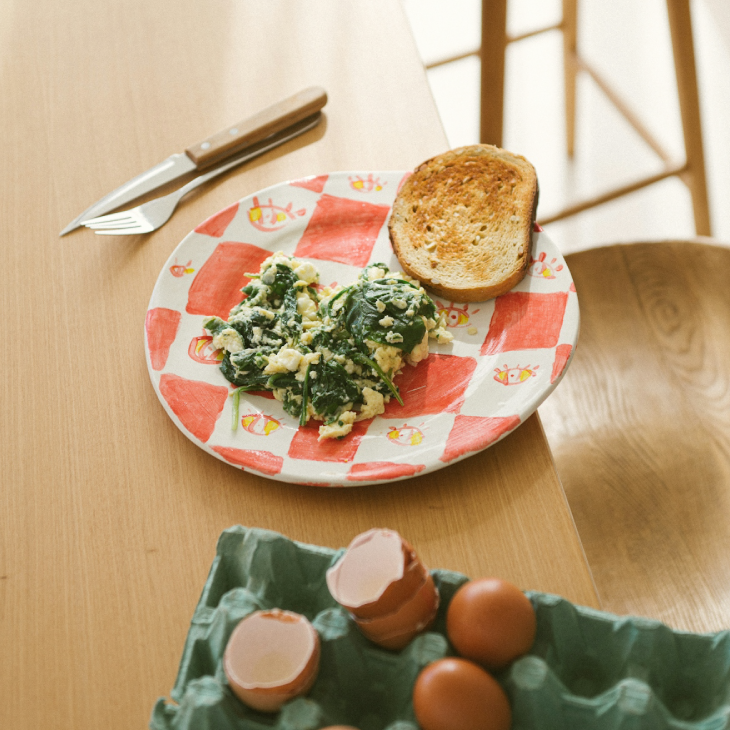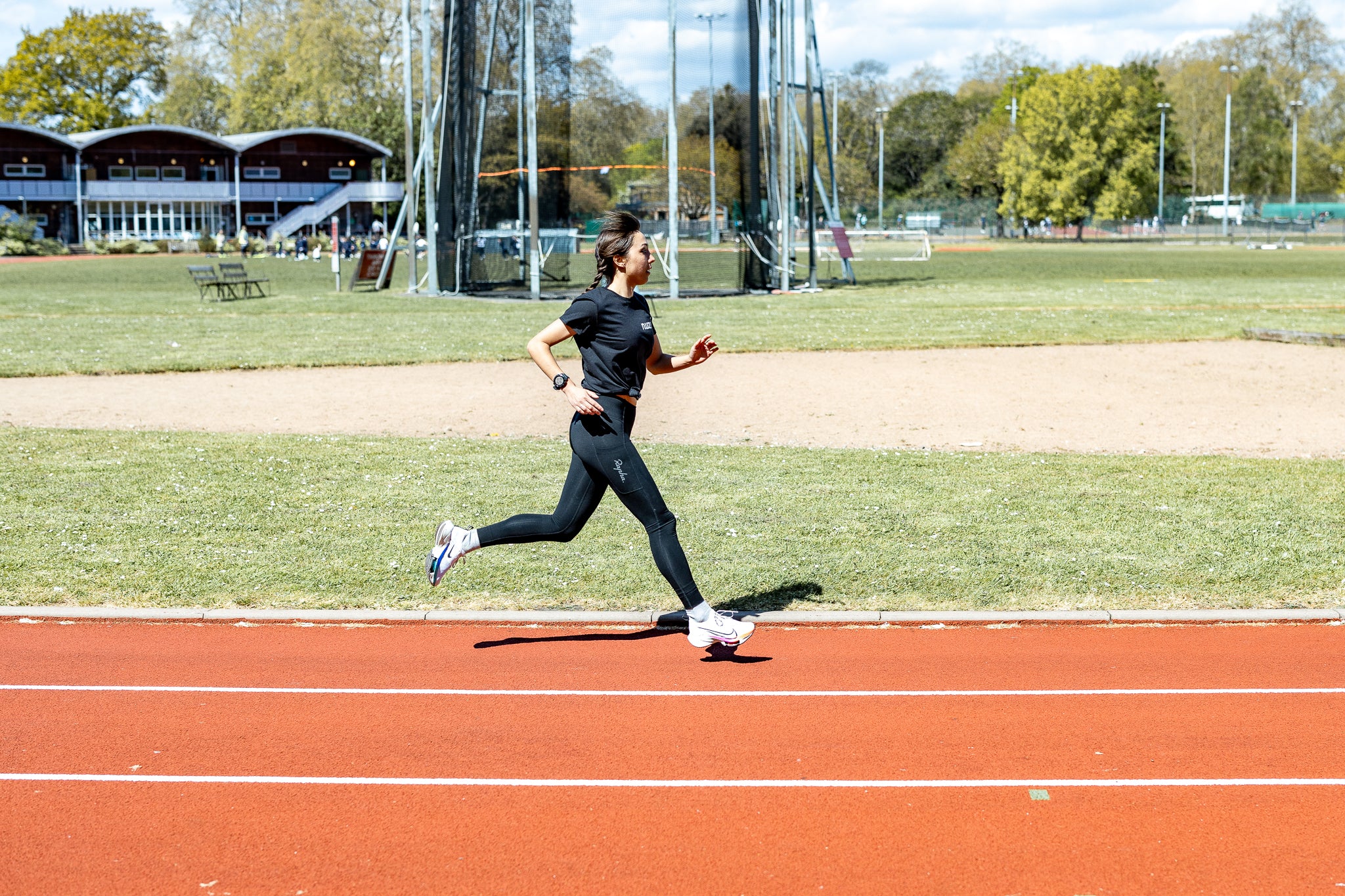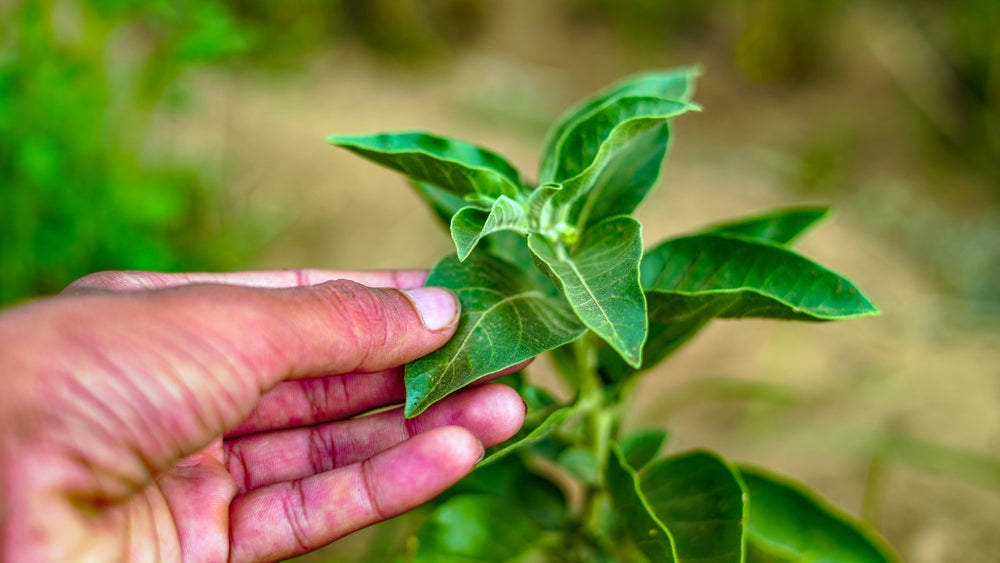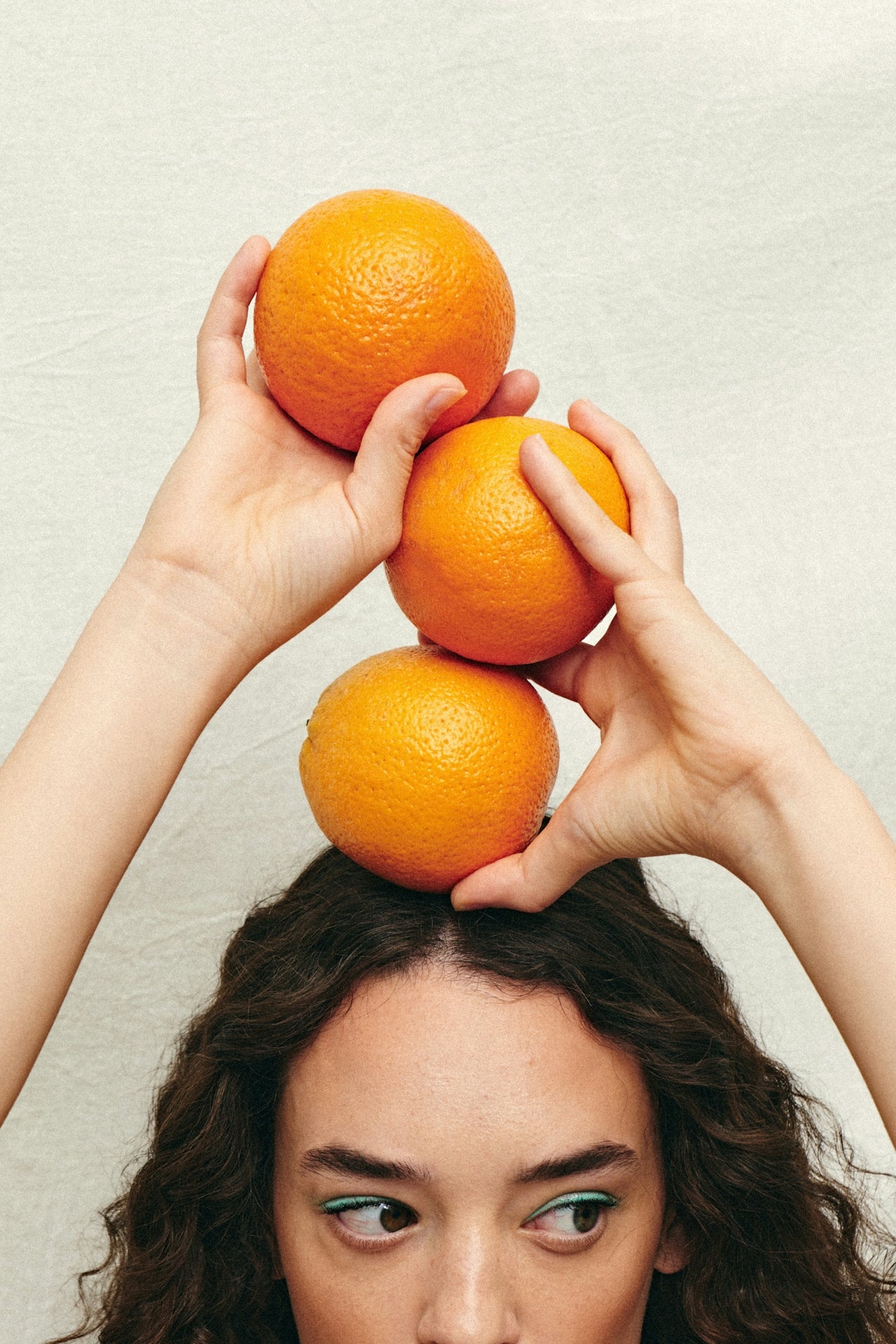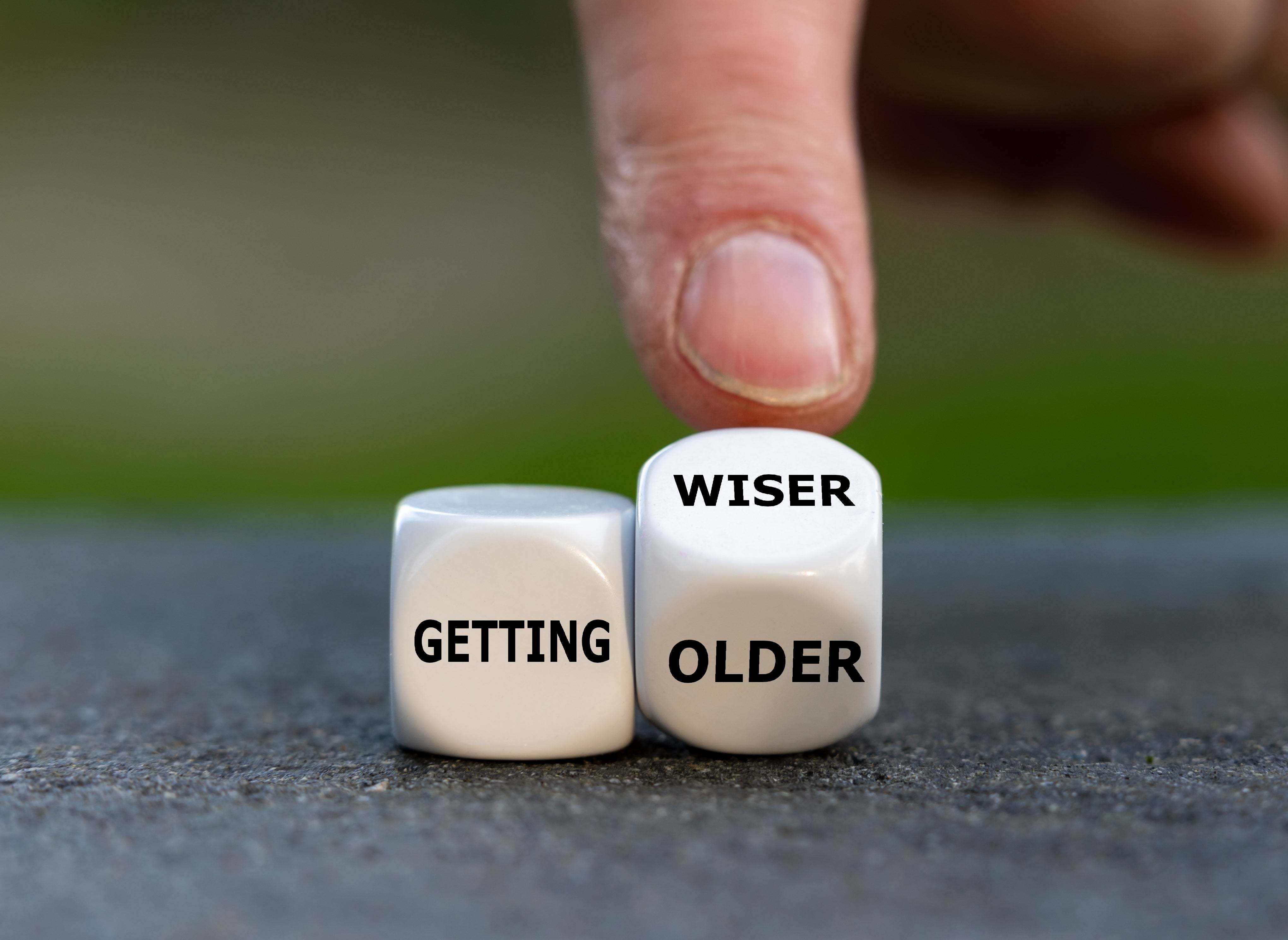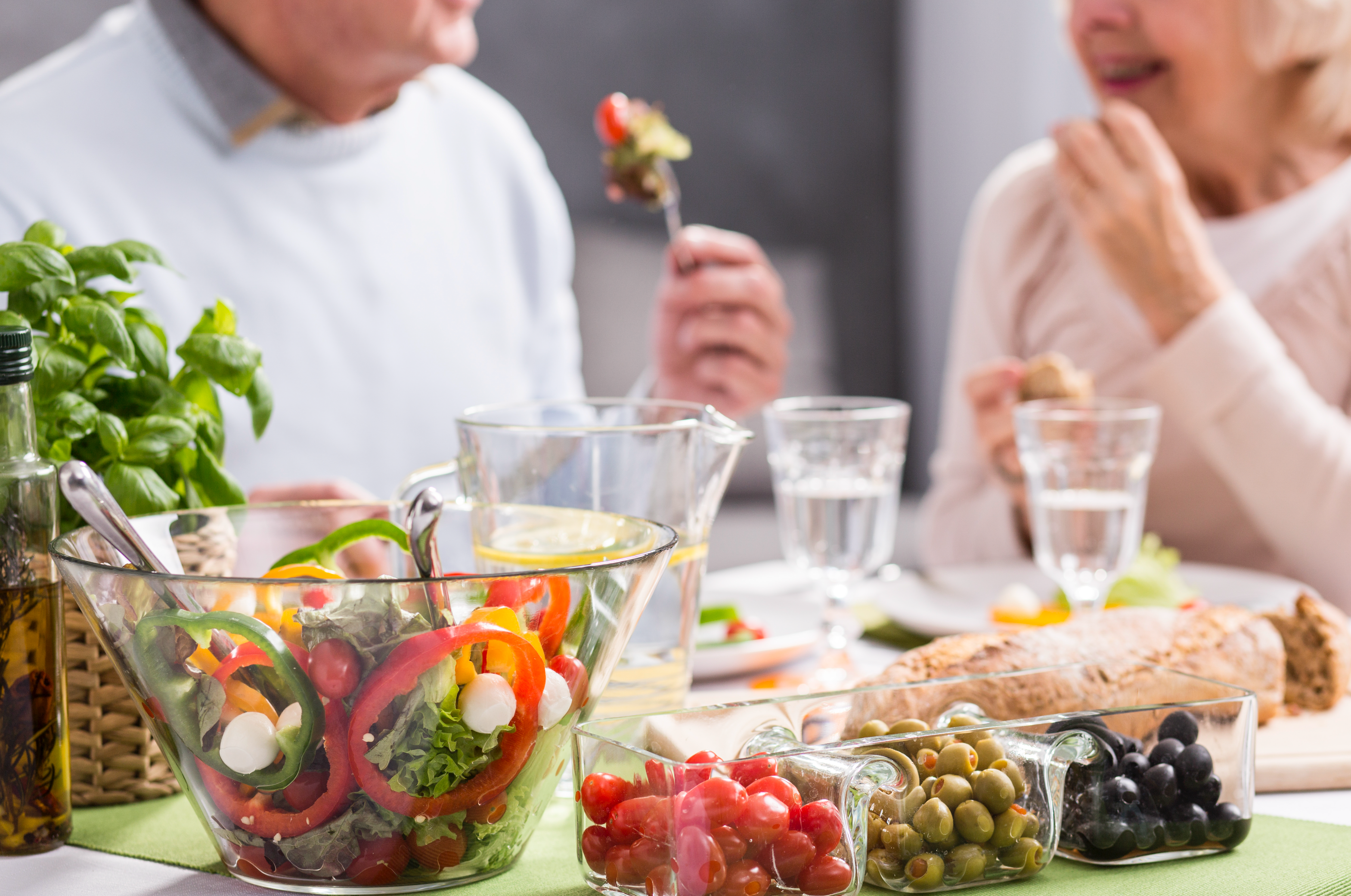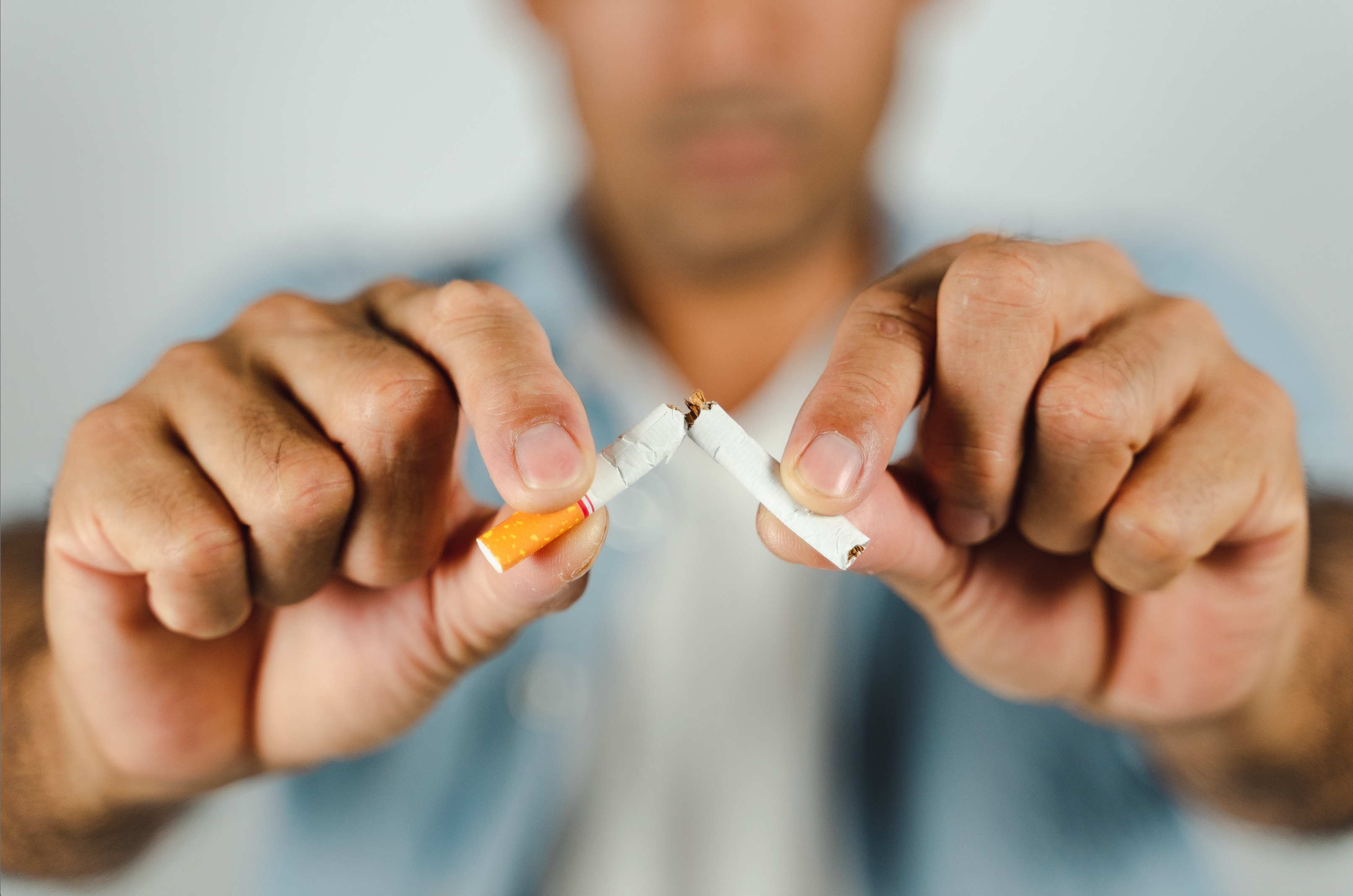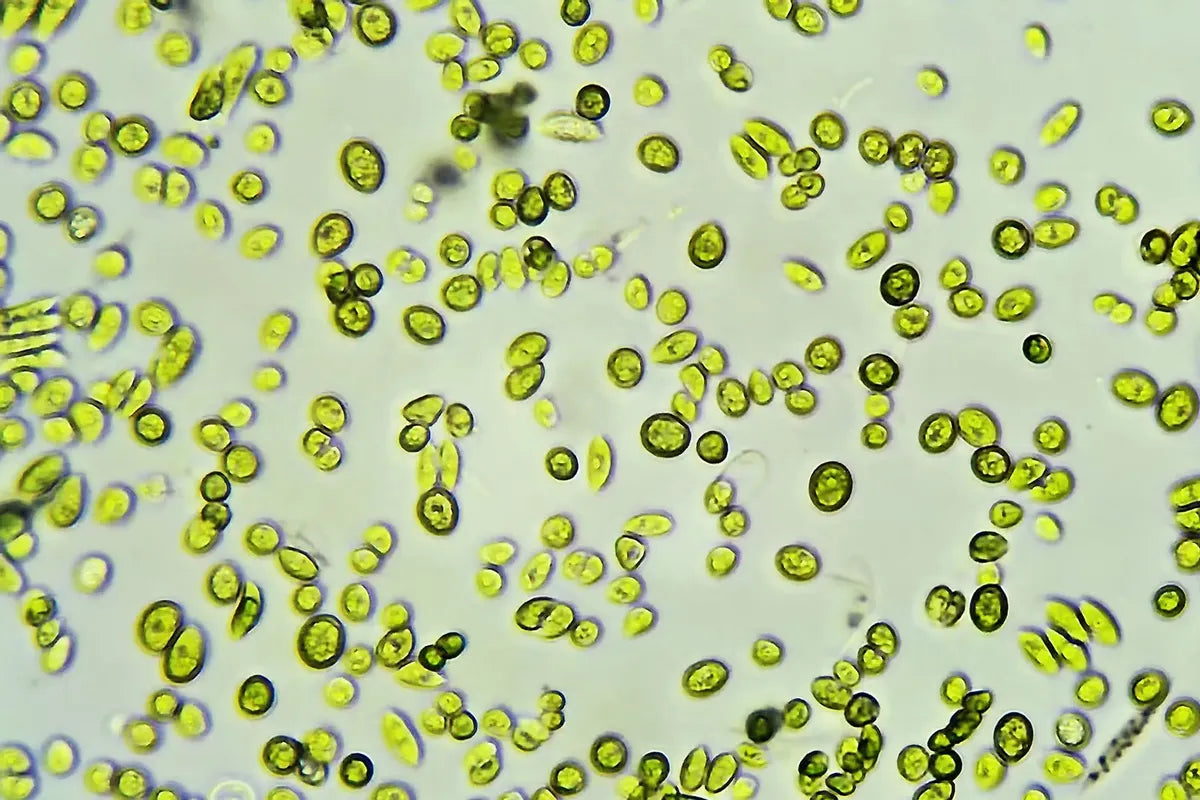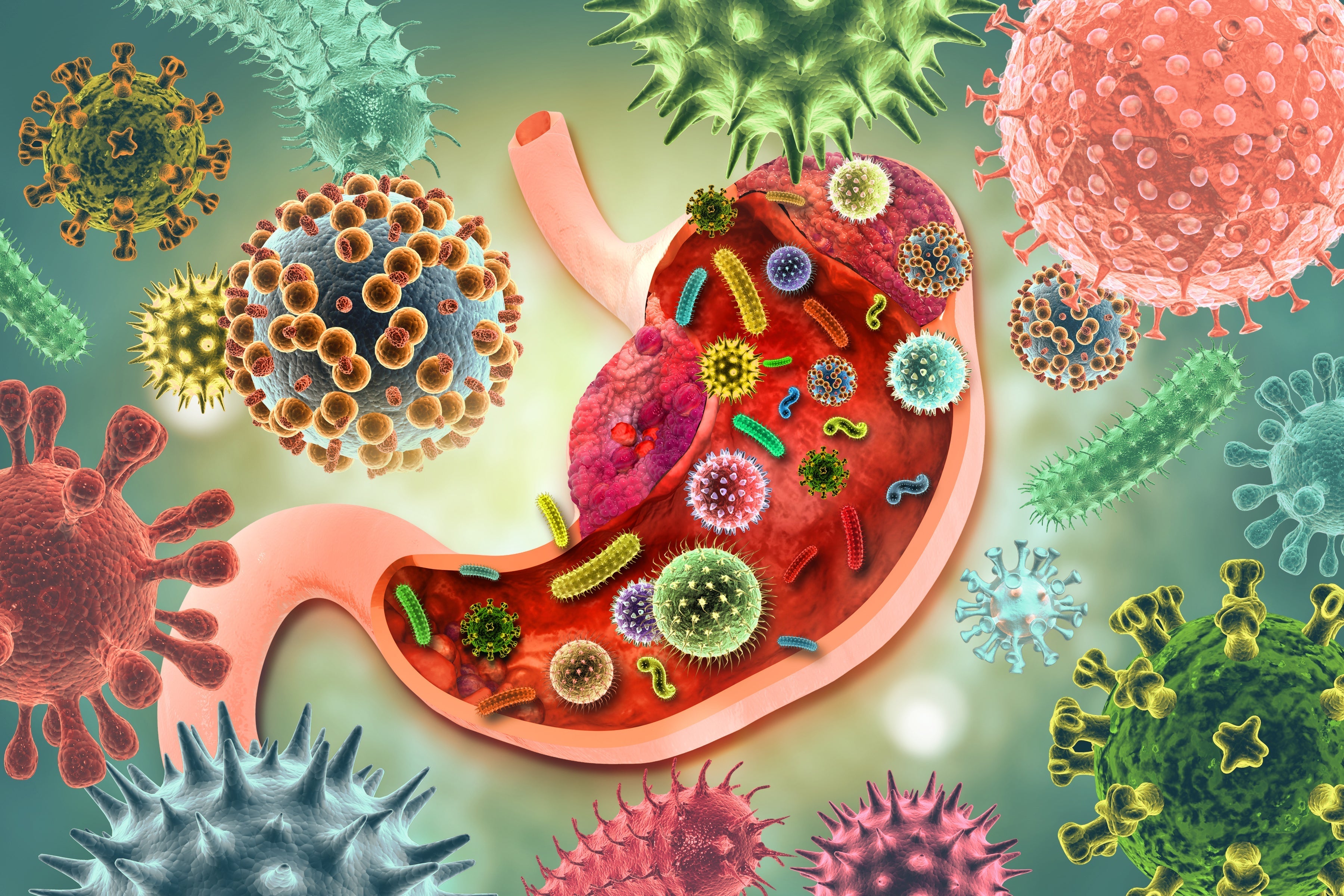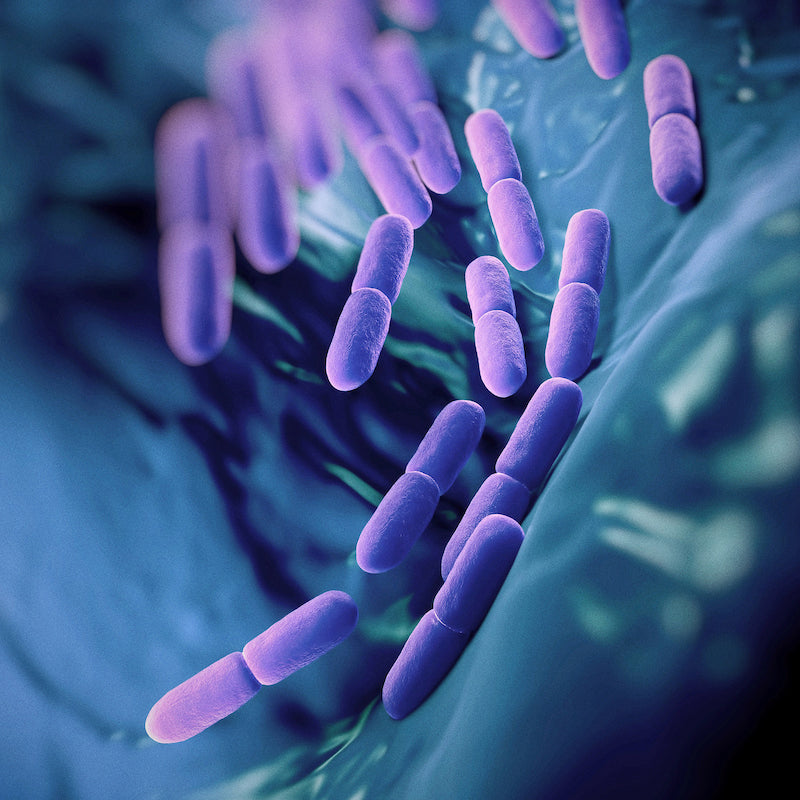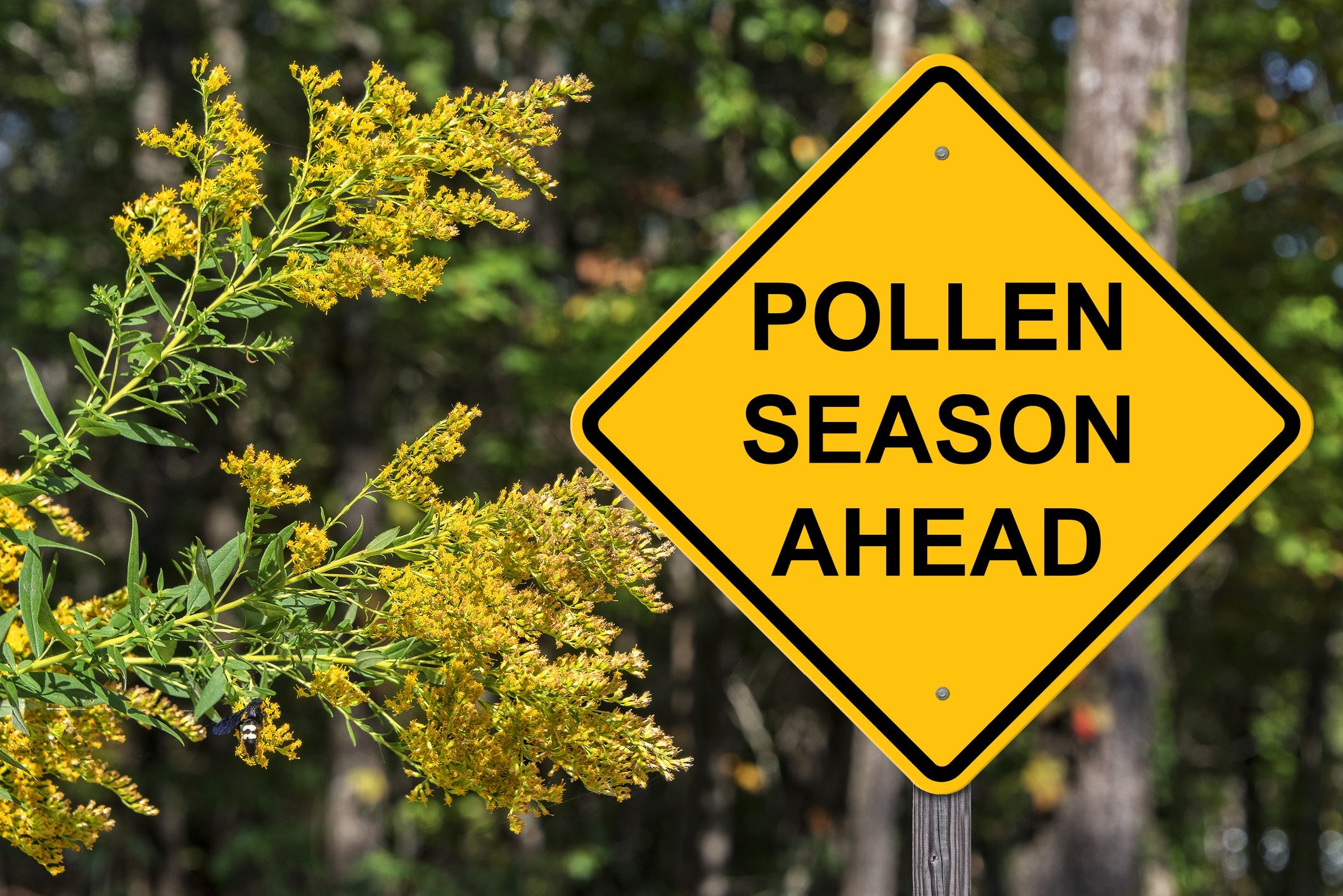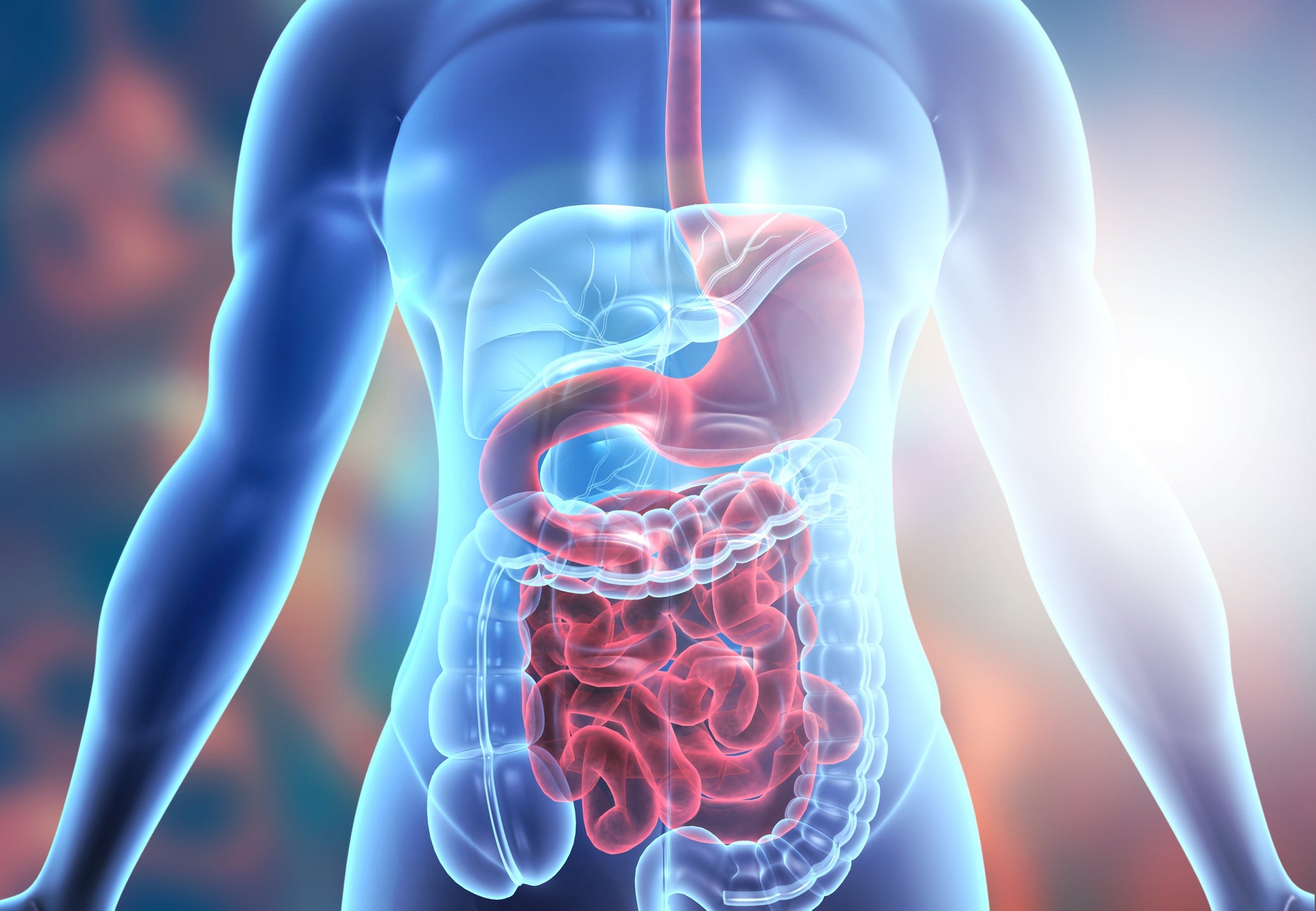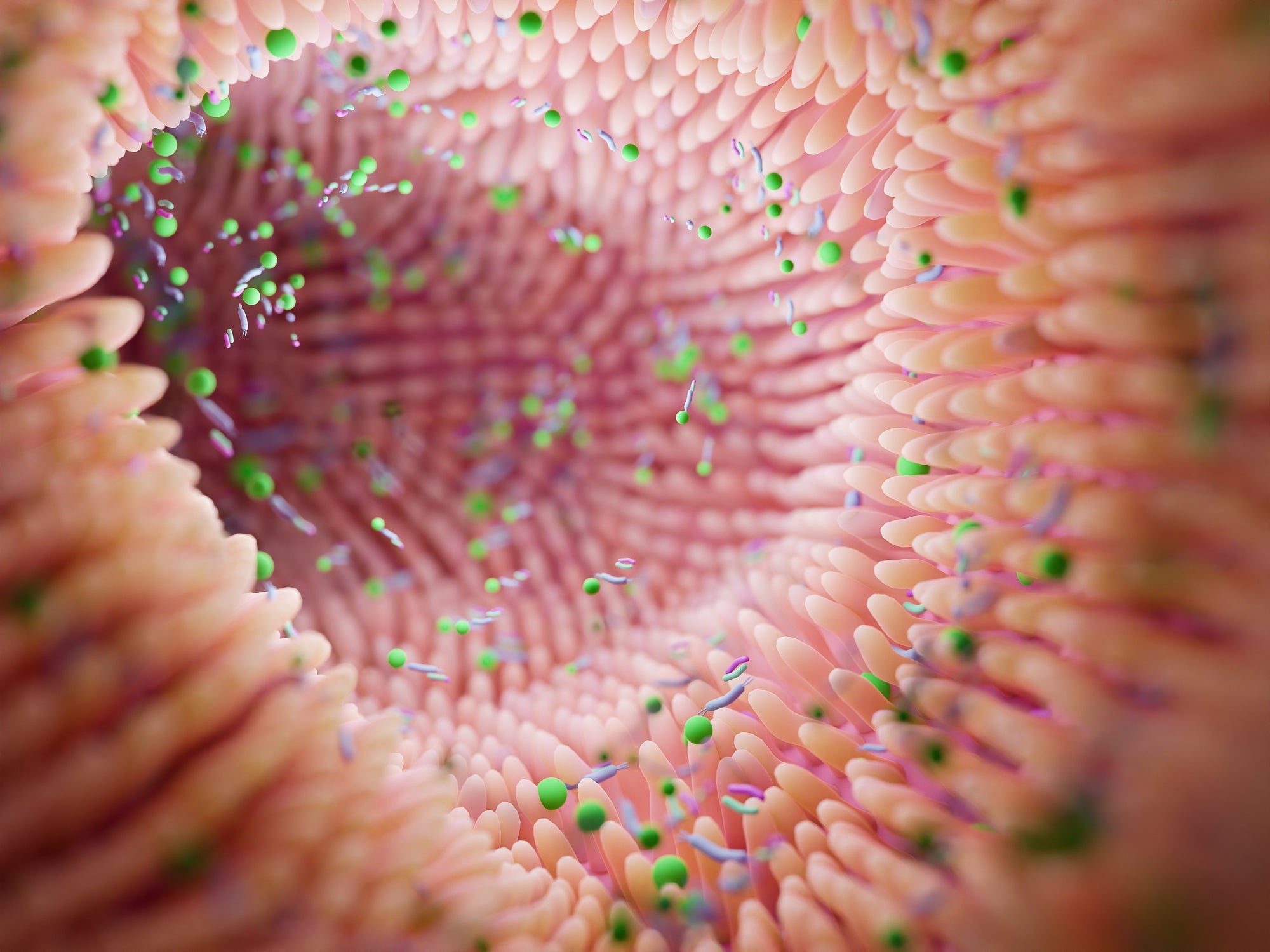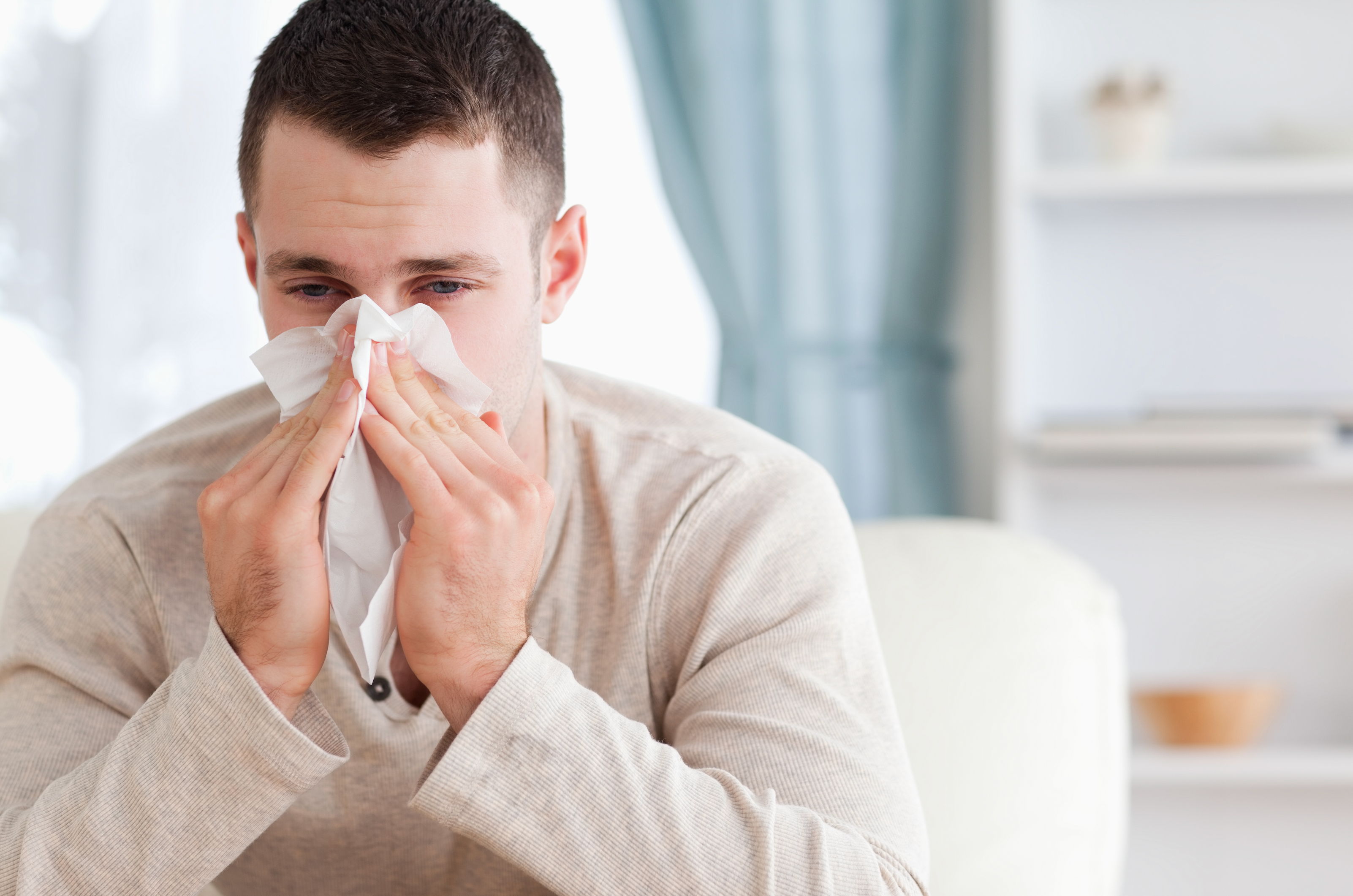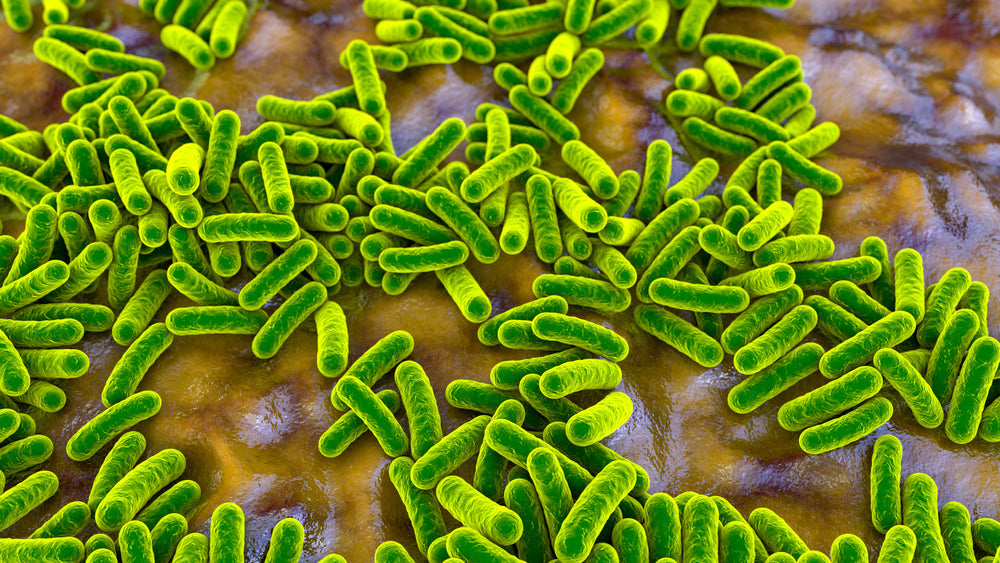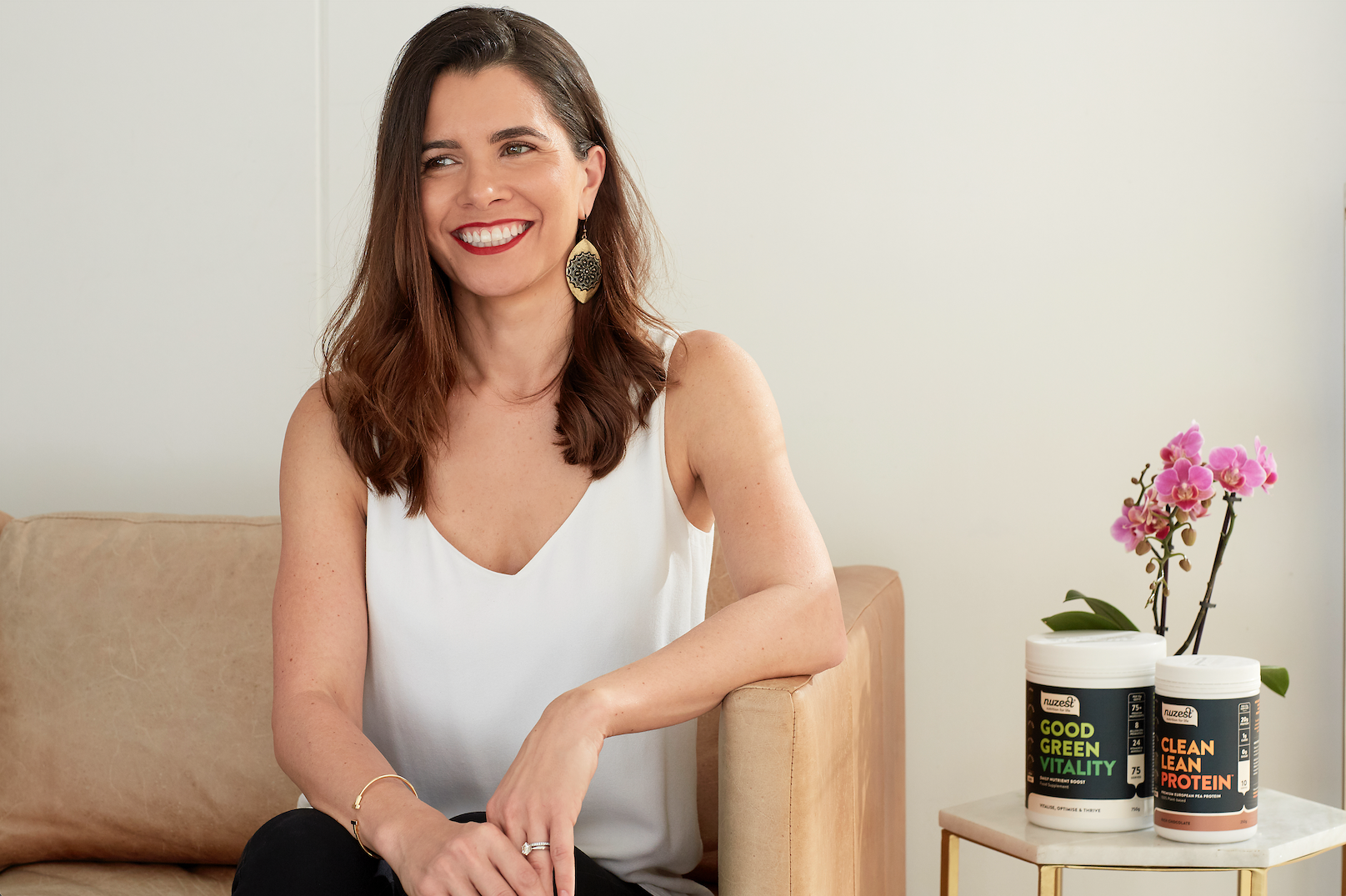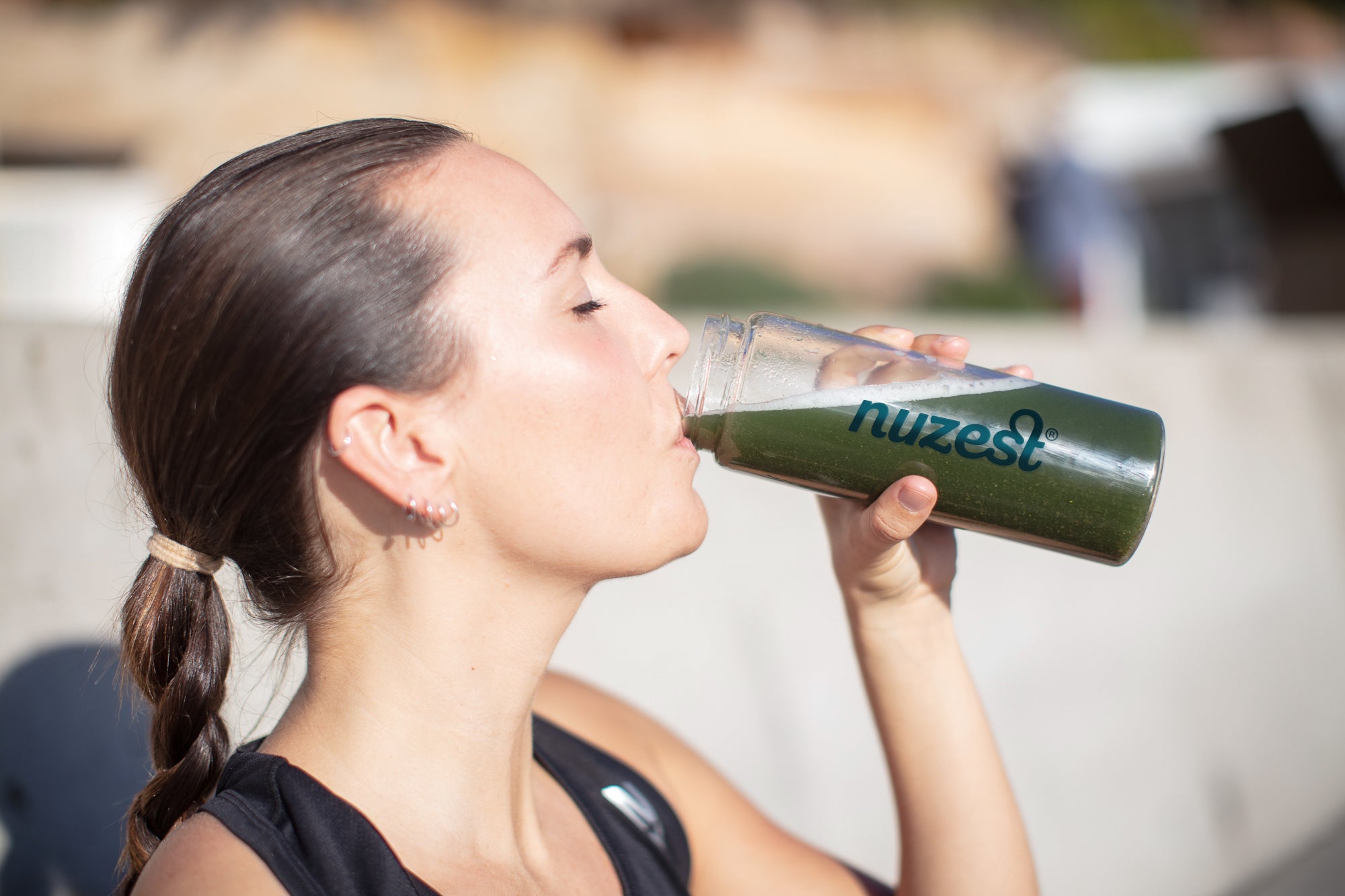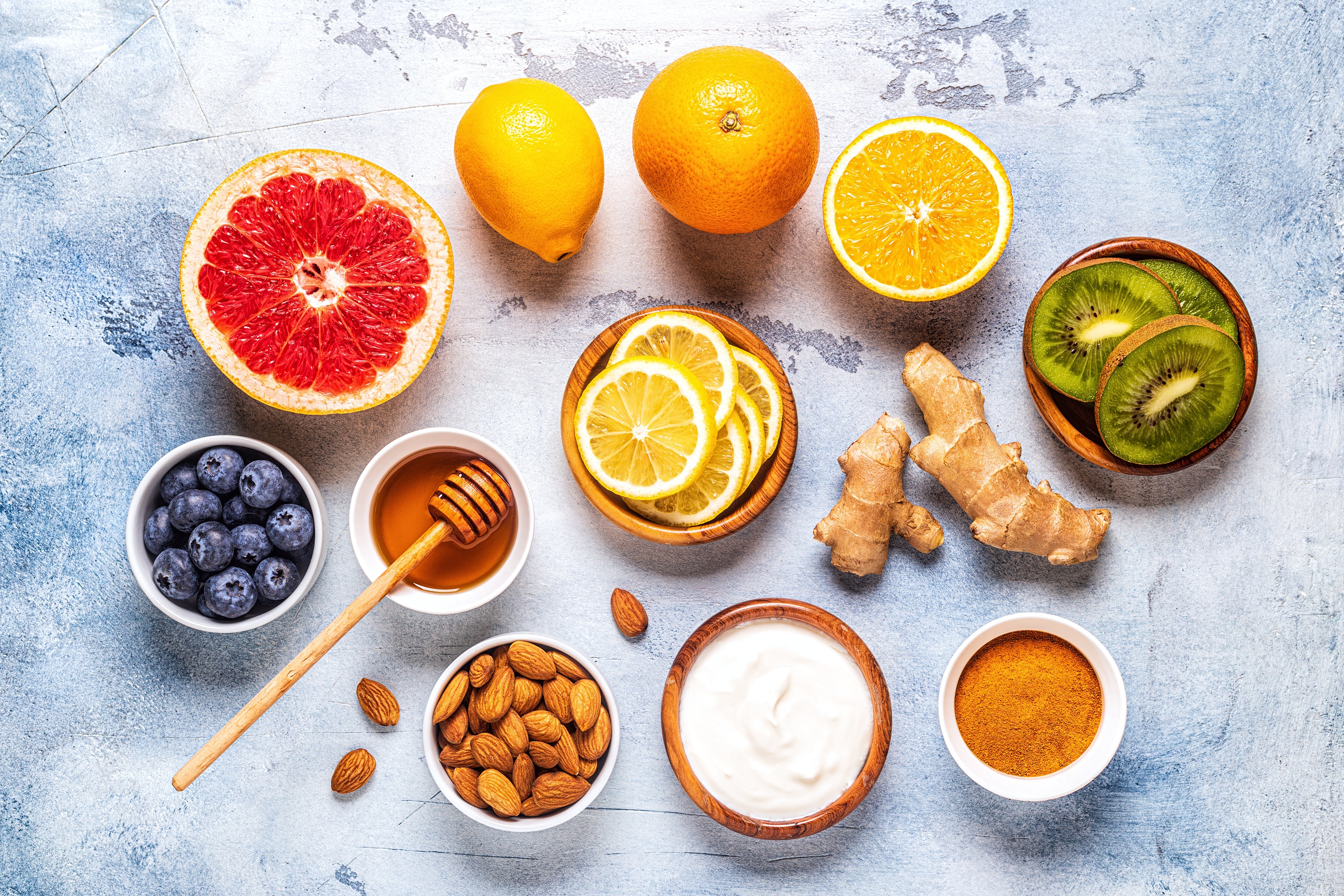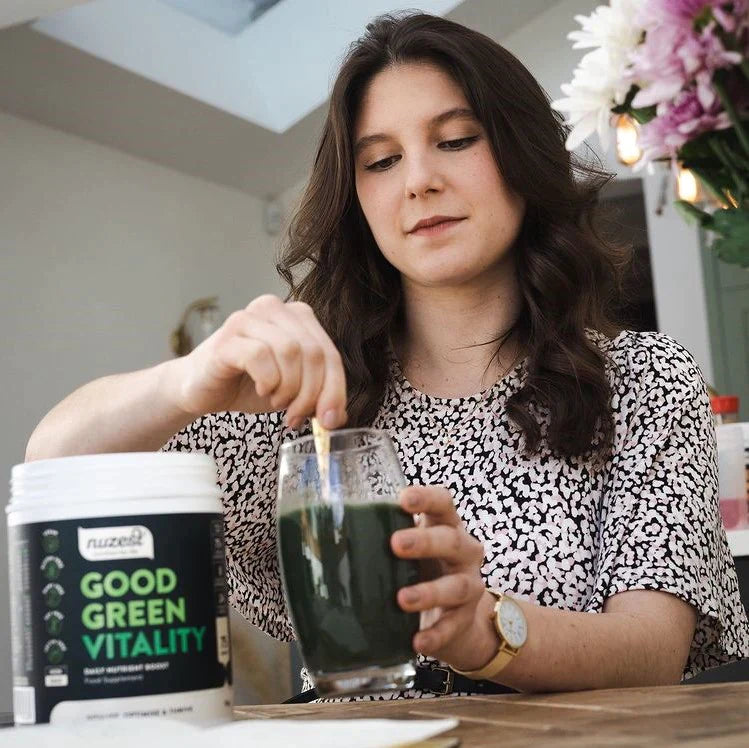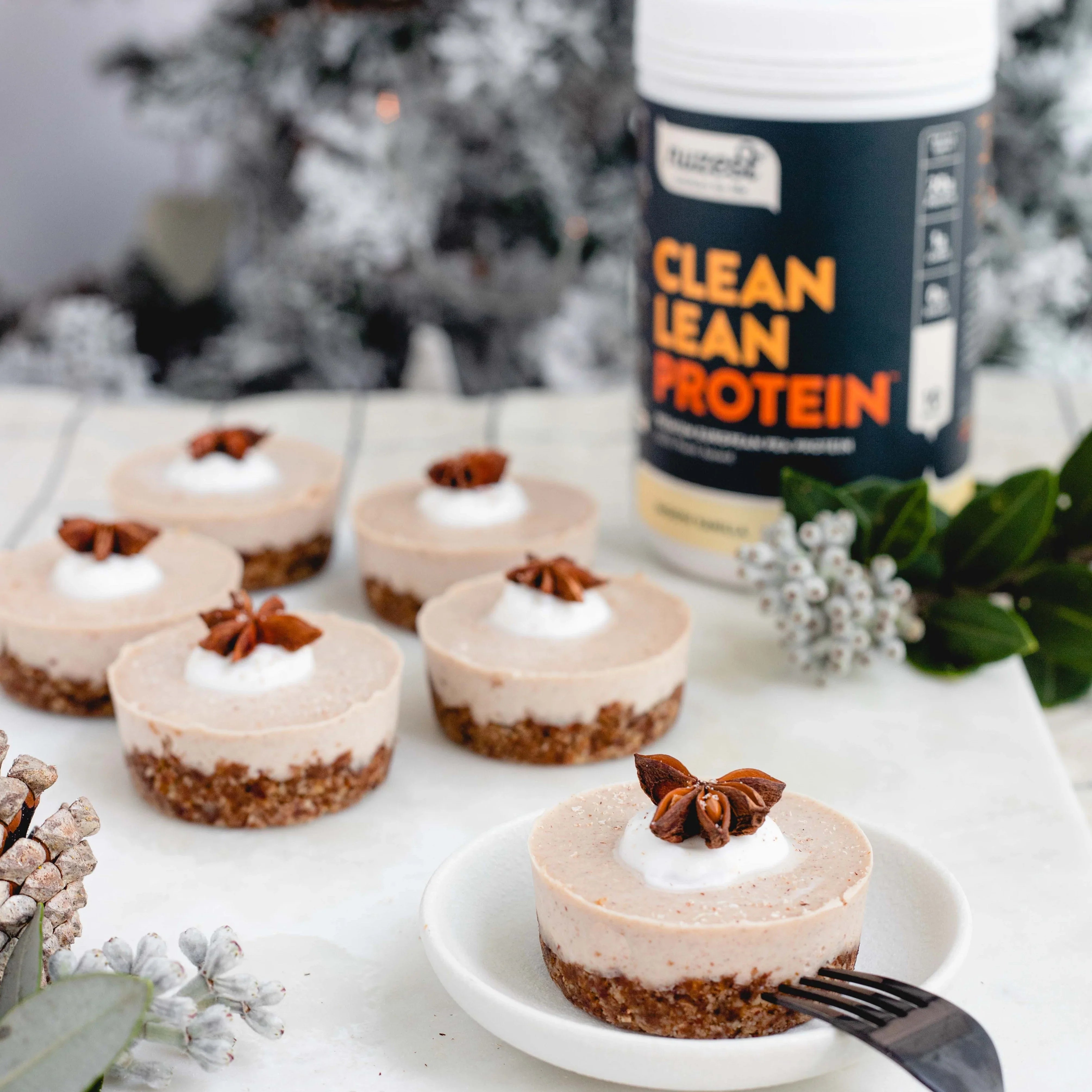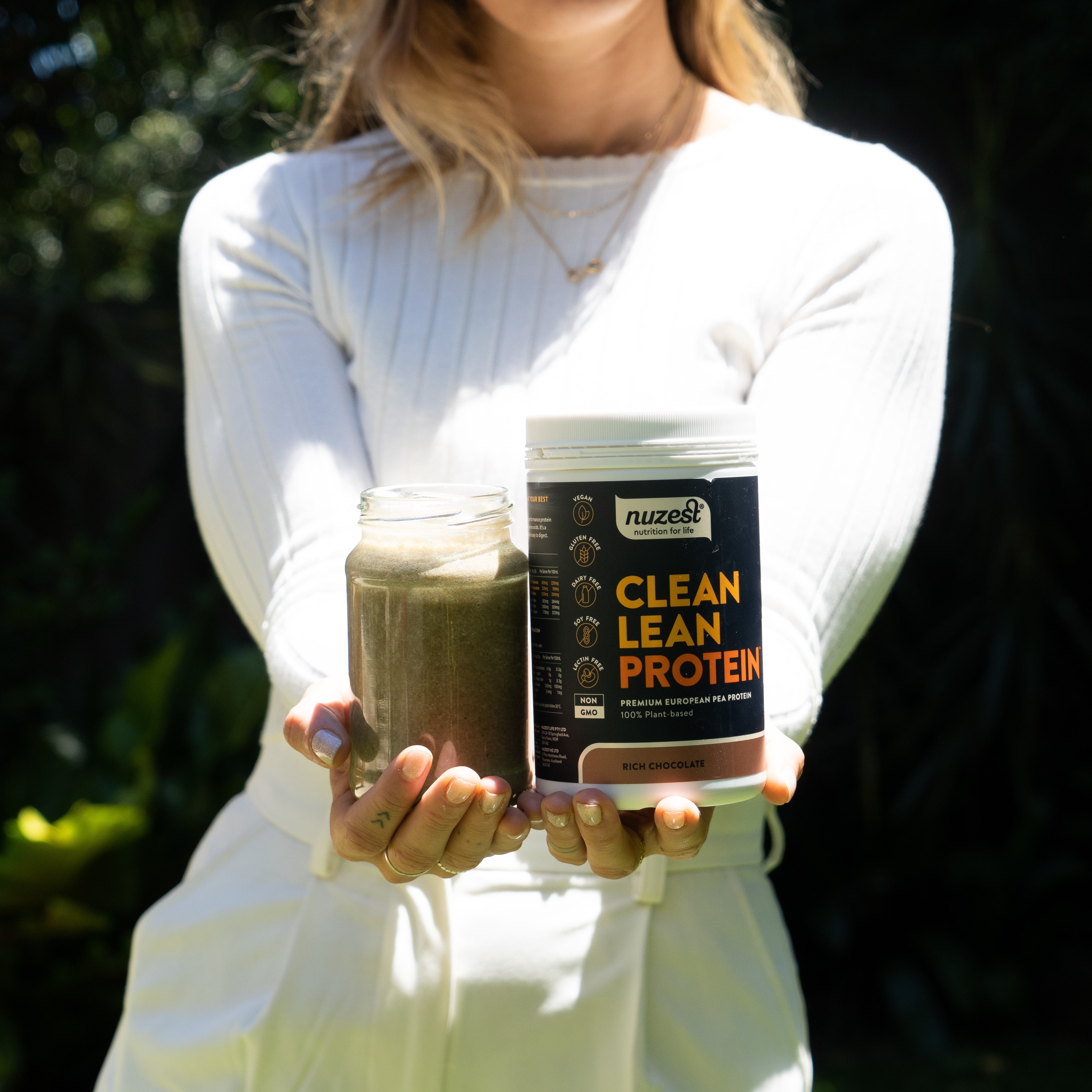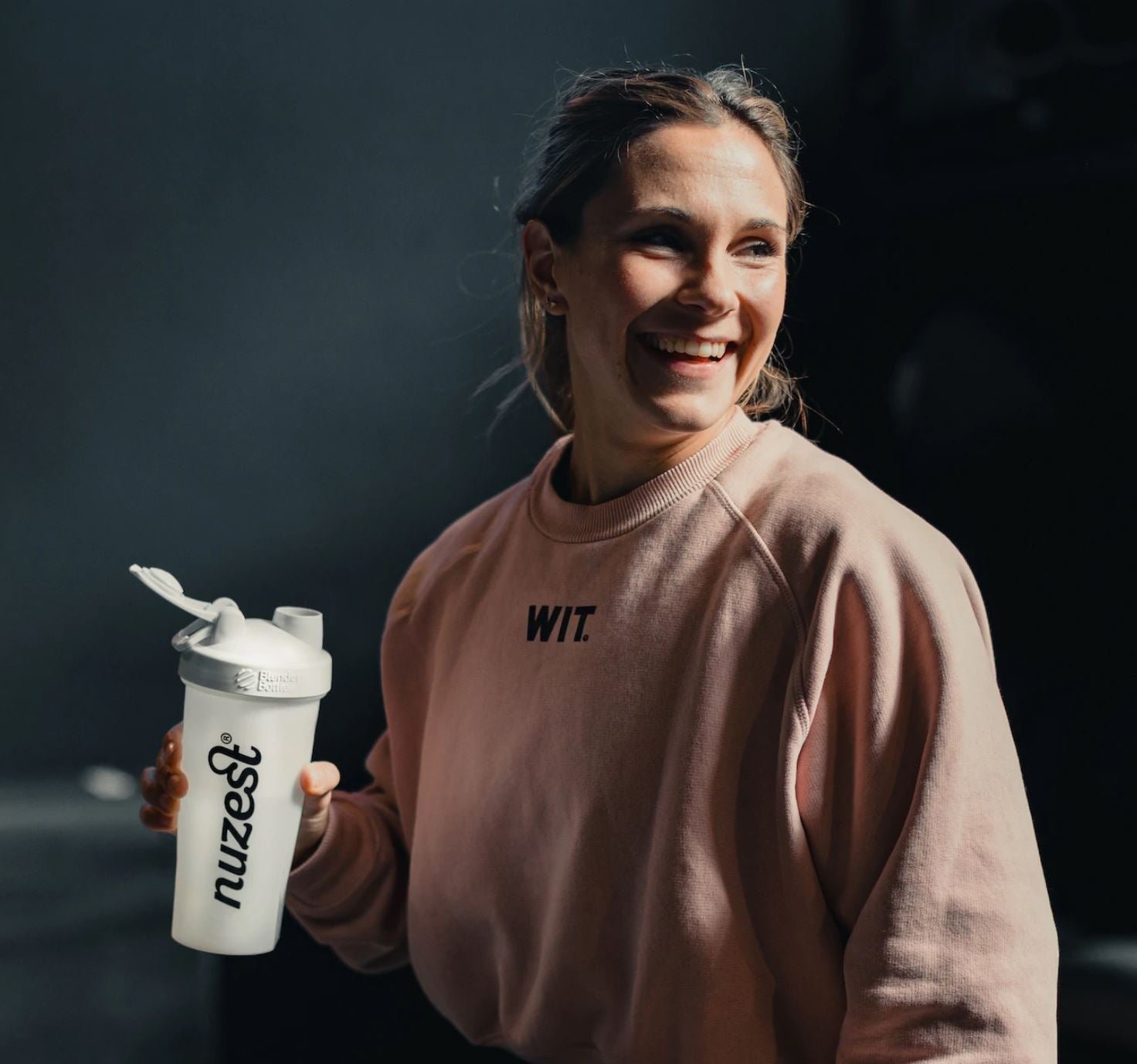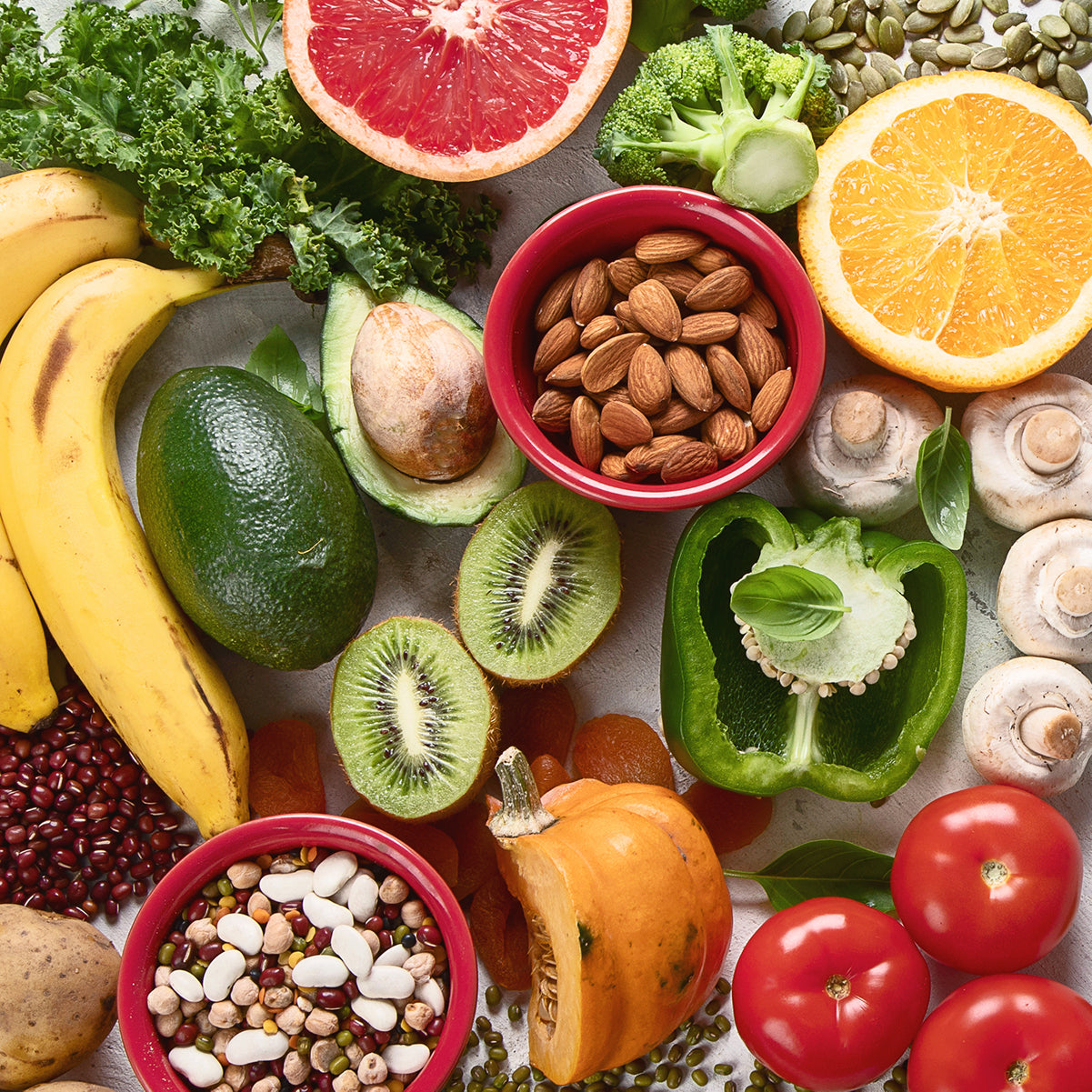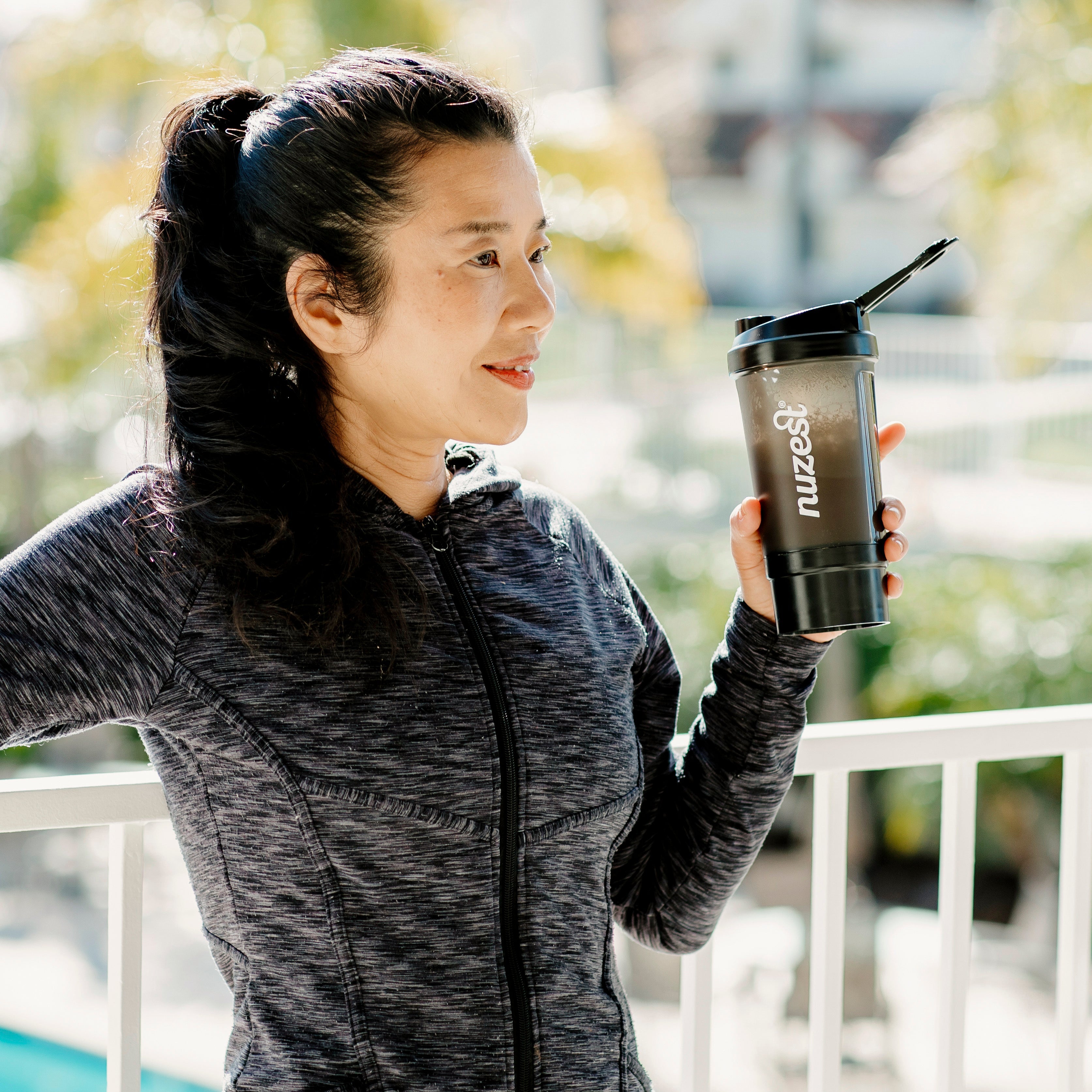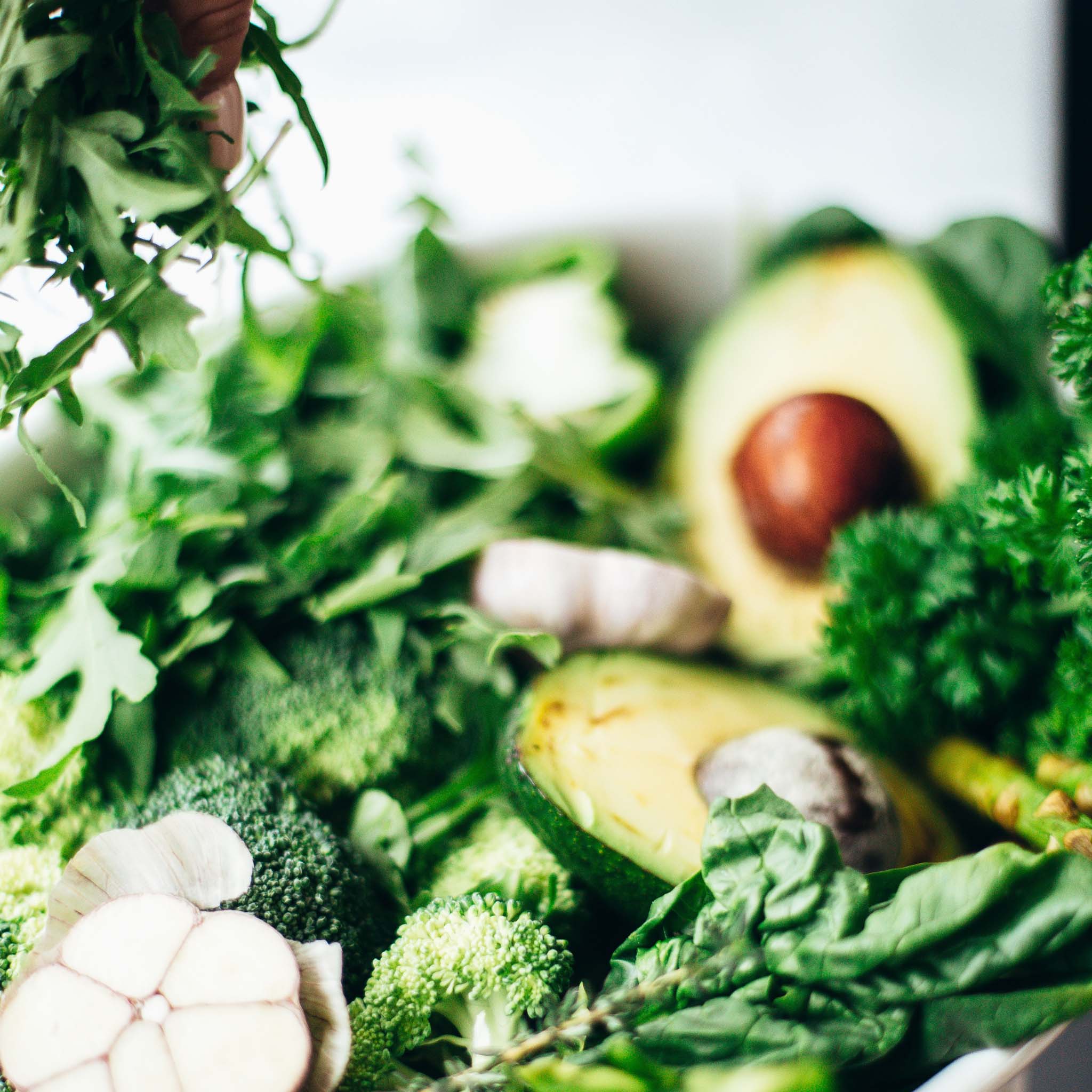Are you of fuller body but wish you were leaner? Try as you might are you constantly tempted by foods that you know aren't helping you? Do you feel as if you're fighting a losing battle? If you answered yes to those questions - relax - you're perfectly normal. It's a natural part of our evolutionary hard wiring to want to feast on today's high calorie foods. Foods made from grains, bread, pasta, chips, pizzas and sugary confectionery can seem tantalisingly seductive.
In hunter-gatherer days we didn't come across sweet foods very often, so when we did, we needed to gorge ourselves and store the excess calories to get us through leaner times. Most of us still have those same urges today. It's one of the reasons why we crave sugary, starchy and fatty foods and why it can be so hard to stop eating once we start. Unfortunately, these days we rarely face times of famine and the majority of us are nowhere near as active as our hunter-gatherer predecessors. The effects of which are mirrored in our bulging waistlines and spiraling rates of chronic disease.
This genetic evolutionary survival mechanism is one of the reasons why sugar is like a drug to us and becomes so addictive. If you've ever gone told turkey and stopped eating sugar for any length of time you'll know how your palate changes and your body finally stops being tempted by it. But like an alcoholic that takes a drink after a period of abstinence, give in to sugar again and it's doesn't take long before the regular need for it overwhelms your will power once more.
Being genetically coded to survive times of famine rather than feast, it's hard for many of us to maintain a lean physique when we're faced with overstocked kitchens and high calorie foods tempting us on every street corner. Diets today are often full of refined carbohydrates that force the body into an over-production of insulin, also known as our 'fat storage hormone'. Insulin's responsible for maintaining a balanced blood sugar level, which in turn maintains our energy levels and acts as one of our main metabolic hormones. When insulin is imbalanced, the result can have negative consequences for our health, and our waistline. One of the main ones being that it switches the body over to burning sugar predominantly for energy instead of fat. More on this in the next two articles though...
For now, let's stay with insulin for a bit longer.
Insulin allows blood sugar to enter the cells to supply the body with energy, but continually choosing foods and drinks high in sugar, combined with being overweight, has a strong effect on the delicate balance between blood sugar and insulin levels. This is why insulin balance is at the root of so many common illnesses and disorders. Given that our bodies are built to deal with sugary foods as a rarity rather than the norm, a condition called insulin resistance develops when we consistently eat foods high in glucose.
Under such circumstances, the pancreas is forced to pump out more and more insulin to try and regulate the excess sugar (glucose). Unfortunately, the body can only sustain a limited number of insulin receptors on each cell. Consequently, insulin receptors are continually activated and over worked and can't successfully bind to the overwhelming amount of insulin. Working under such pressure insulin receptors, over time, lose their sensitivity and become 'resistant' to insulin, creating a danger zone when blood glucose is starts to rage out of control.
The knock on effect is that the body is literally unable to extract the glucose from the blood to power the muscles and they become starved of energy. Despite the excess of glucose in the blood with more being consumed daily the brain kills the desire to be active because the muscles have no energy. High glucose in the body is also toxic. If it rises too high, the liver is the only organ in the body that can get rid of it because the liver doesn't require insulin to process glucose. But this comes at a high price in terms of weight management.
The liver converts excess glucose to triglycerides (fatty acids) and packages them up in fat cells for safe storage in adipose tissue (a community of fat cells, more commonly experienced as a bulging waistline or extra unwanted pounds in hard to shift places). Here the fat cells are rendered harmless to the body and left in storage until they may be needed as a future fuel source not an easy source to access if you continue to flood the body with sugary or fatty refined carb foods on a daily basis. The higher the glucose levels, the more fat cells we need to create, generating a vicious, perpetual cycle.
The good news is that the cycle can be broken. Shifting your fuel sources and re-establishing some evolutionary norms allows the body to return to balance once more. One of the first steps being to start burning fat instead of sugar for energy, which in turn allows the desire to be active to flourish once more.
And there's a clue for article number 2 in this series...!
